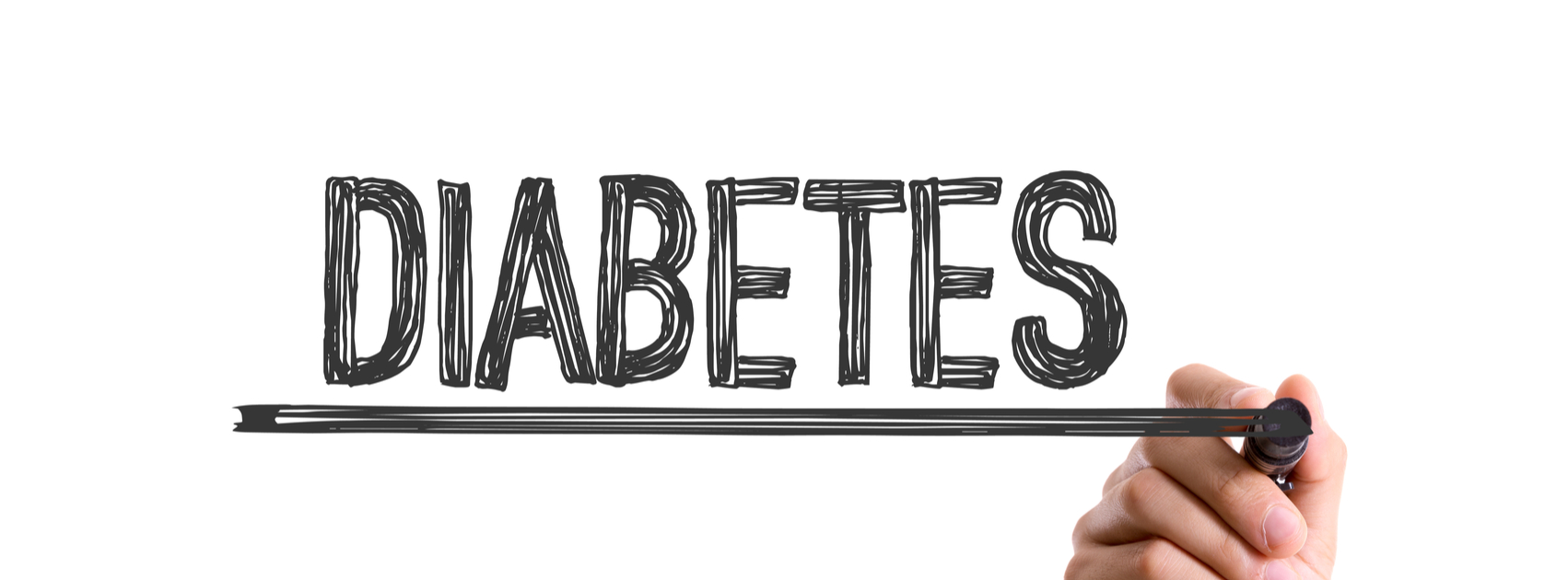
An ultra low-calorie diet that can reverse type 2 diabetes is to form part of a pilot run by the NHS in England.
The 800-calorie a day diet using liquid meals and shakes will be prescribed for three months, to 5,000 people and they will all receive follow up support.
Nine out of ten people with diabetes in the UK have type 2 which is linked to their life style and diet. The NHS England program is to prevent development of type 2 diabetes is now being expanded.
The trial of the liquid and shake diet helped almost half involved to reverse the condition.
Prof Jonathan Valabhji, national clinical director for diabetes and obesity for NHS England, recognises the diet is challenging and it does not suit everyone.
He said: “But we think it is worth exploring the implementation of these programmes within the NHS so that those who could benefit, can benefit”.
Around two-thirds of adults and one-third of children are currently overweight or obese which is increasing the amount of type 2 diabetes.
What is type 2 diabetes?
Type 2 diabetes is a serious lifelong condition where the insulin that your pancreas makes cannot work properly or it cannot make enough insulin.
About 90% of people with diabetes have Type 2 diabetes; we all need insulin to live as it does an essential job and allows glucose in our blood to enter our cells and fuel our bodies. When you have type 2 diabetes your body will still break down carbohydrate from your food and drink and turns it into glucose. The pancreas responds to this by releasing insulin however, the insulin cannot work properly. Your blood glucose will keep rising as a result. For some people with diabetes this will eventually tire the pancreas out meaning they will keep producing less and less insulin.
What are the symptoms?
Many people have type 2 diabetes without realising. The symptoms are:
- Feeling thirsty all the time
- Peeing more than normal
- Feeling very tired
- Losing weight without trying too
- Cuts and wounds that take longer to heal
- Blurred vision
Who are more at risk?
People who are more at risk to diabetes are:
- People over the age of 40
- People who have close relatives with diabetes
- Are overweight or obese